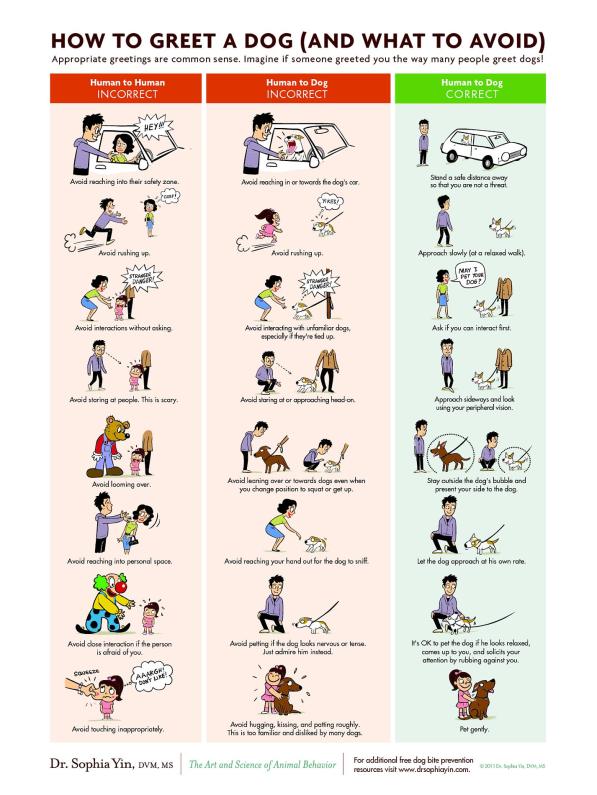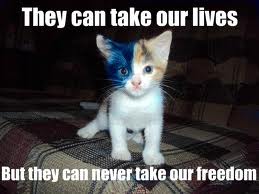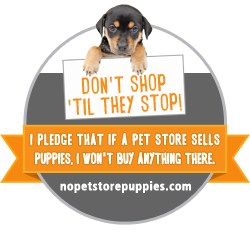When NOT to Get a Dog
April 17, 2014 21 Comments
I am always happy to help people look at the cute dog and puppy photos in adoption listings when they want to add a new or another canine to the family. The thought that another dog will be able to leave the rescue system and find a happy new home is always a positive one.

This adorable pup, Mara, is currently adoptable through ARF – Alberta Rescue Foundation
So when a coworker recently asked for assistance on this very issue, my gut reaction was enthusiasm. Sure! There are lots of great rescues in the Calgary area to look at!
But that positivity immediately waned.
Upon further consideration of the specific circumstances surrounding this adoption enthusiasm, it immediately occurred to me that helping look at dog profiles possibly wasn’t sending the right message in this case.
Now, people are going to do what they’re going to do. And maybe definitely it’s none of my business. But when I get asked for advice, I want to give good, appropriate advice. And my former stint as a dog trainer means I still get asked for advice frequently enough. So, despite my better judgment, I often give it (in my experience, few people actually act upon it, and then complain to me further later, so really this is just an exercise in self-disappointment).
So this has me thinking: adopting a dog is great, BUT it’s not always the right thing to do.

This is Emily. She is currently adoptable through AARCS. I find her canine version of RBF hilarious.
Here’s when you shouldn’t get another dog:
1. When you don’t have positive things to say about your current dog. If you frequently complain about your current dog’s habits – or lack of habits – you should probably work with the dog you have before you add another to the mix. Don’t like how your current dog doesn’t play fetch with the kids or go on walks? Those are all “problems” you fostered as an owner and can be worked on with the current dog – it doesn’t warrant replacing them.
2. When you’re getting the second dog to keep the first one company. Think the new dog will keep the old one entertained? Maybe. But the new dog will also pick up on the habits of the old dog – the ones you like, AND the ones you don’t like. The result? Two dogs to complain about. Example? Alma learned to lift her leg to pee – and marking behaviours – from Moses when we adopted her. No, not a huge deal. But still. Weird. Get your first dog where you’d like behaviour-wise before adding another canine to the mix.
3. When you’re promising extravagant changes. Don’t get out much? Don’t walk the current dog but you’ll definitely walk the new one every day? Sure, that’s possible. But, like failed January resolutions, it’s also (more) likely you’ll continue the well-ingrained habit of no dog walking at all. Get the routine changed first before you make the big commitment to another living being.
4. When not everyone is on the same page. Some want a puppy. Some want to adopt an adult. Some want a big dog. Some want a medium-sized dog. Some want a dog that’s super active. Some want one that will be calm in the house. Some don’t know what they want. You really need to figure out what works best for your family before impulsively adopting a dog that won’t fit. The whole family needs to be on the same page about everything both before the adoption and after – going to puppy classes, reinforcing training rules, reinforcing house rules, etc.
5. When the dog is for someone in particular. First, living things don’t make great gifts. Second, you think he’s going to be your child’s dog, but you’re wrong. He might be the family dog, but he’s also going to be adults’ responsibility. A young child can’t be in charge of long daily walks when the dog is bigger or stronger than them and when they’re not allowed past the end of the street unsupervised. You – the parents – will primarily be the ones walking, training, feeding, grooming, cleaning up after… all of that. Your kid might make bold promises, but, even if well-intentioned, they will likely be short lived. Trust me, I know. This is how I conned my parents into a second cat when I was 14. Maybe they should’ve taken me up on my threat to “never speak to them AGAIN!” (Aren’t teenage girls just the worst.)
6. When there’s change afoot. Stressed? Busy schedules? Changing jobs? Moving? Kids changing school schedules and extracurricular activities? Introducing a new dog to chaos isn’t exactly fair to them or you. Wait till life settles down and if you still want to adopt, do it then.
7. When your current dog isn’t well socialized. Like point 1, you need to make sure your current dog has good manners before expecting her to share her house, her toys, her space, her family with another dog. A second dog is going to be a big adjustment for your first one, and you can’t ignore how they respond to the transition.
8. When you don’t have time. A second dog isn’t 50% more work; it’s at least 100% more work. Definitely more if you’re getting a puppy. Now you have two mouths to feed. Two vet bills to pay. Two poops to scoop. Sure, you can walk them both together… most of the time. But now you have two dogs, they each deserve one-on-one time on a regular basis, even if that just means individual walks on weekends. And if you get dogs with different exercise and training needs – definitely more work.
9. When you haven’t fully thought it out. Sure, you saw a cute pup at a local adoptathon and the kids fell in love. As hard as they may try with their screening processes, rescues can’t weed out all impulse adopters. Even if the process goes for a week or more, the decision itself to adopt can still be impulsive. You need to more than sleep on it. You need to be realistic about what a second dog entails. And you need to pay more than lip service to the responsibilities.
10. When you (and your family) have some things to learn about dogs, interacting with dogs, and dog behaviour. Don’t tell me how “adorable” it was when your toddler walked up and hugged a strange dog in a pet store and expect me not to dust off the soapbox and launch into a lecture about kids and dogs and strange dogs and greeting dogs… I’m getting worked up just thinking about it.

Somtimes I feel like I could share this graphic by Dr. Sophia Yin every day and it wouldn’t be enough.
11. When you’re getting said dog from a pet store or an online marketplace like Kijiji or Craigslist. If you need an explanation here, I have nothing more to say to you.
So, in the case of my coworker, I’ve changed my tune, specifically highlighting several of the points I made above. Will she take the advice? We’ll see. It’s hard to pull people back to logical thinking when they’ve got adorable puppies in their crosshairs.
Will at Marking Your Territory made a good, relevant point on this very subject earlier this week, when he wrote “Don’t wait for the ‘right time’ to get a pet“. The point isn’t to get a dog in spite of all the problematic circumstances I’ve listed above; it’s to change your circumstances. Or, in Will’s words: “Don’t wait for the right time, make it the right time!”
This is great advice. For example, is your current dog somehow an obstacle to you wisely adding a second dog to your house? That’s completely within your power to change as you work towards training and socializing your first dog in preparation for the next one.
These things are almost always in our own hands – and it’s only fair to you, your current dog, and any potential new dog that you make the smartest decision, not the impulsive emotional one (sometimes those can be the same thing).
This post is part of the Thursday Barks & Bytes Blog Hop, hosted by 2 Brown Dawgs and Heart Like a Dog. Go pay a visit to the hosts and check out other hop participants.




























